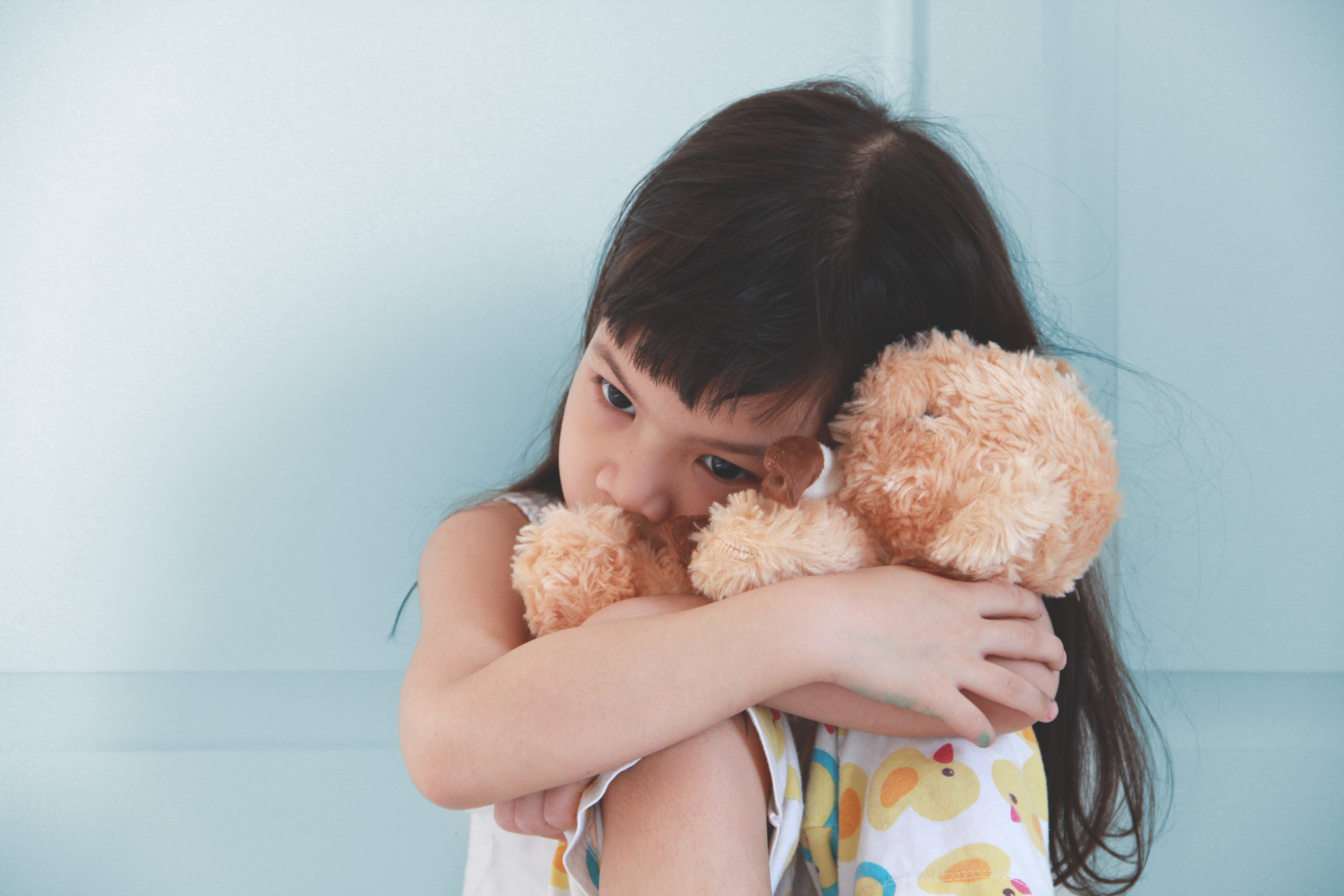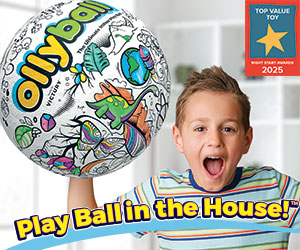Spotting the signs of a child in distress
Published
Three quarters of parents don’t feel confident about spotting the signs of a mental health condition in their child, according to research from Bupa. With mental health on the increase in young children, spotting the signs that your child is in distress is crucial. Naveen Puri, director for BUAP UK Insurance, shares five signs of poor mental health in children and advice on how to address it

Sudden changes in your child’s mood or behaviour
All children will feel sad, anxious, or angry from time to time, but persistent changes in your child’s mood or behaviour could point to an underlying mental health condition. Try having regular, open conversations with them to encourage them to express their emotions. You may also want to let them know that it’s normal to struggle sometimes.
Reluctance to socialise with friends or family
Children may want to isolate themselves if they’re having problems with their mental health. Try to encourage them to stay in touch with their friends and family members, whether it’s arranging an activity or speaking online/over the phone.
Unexplained changes in appetite or weight
Some children may use food to feel more in control or cope with feelings. This can lead to unusual eating patterns such as only eating certain foods, binge eating or developing rules around food. It’s best to seek help if you notice anything worrying about your child.
Difficulty sleeping, or sleeping too much
Sticking to a regular routine for things like bedtimes may be helpful to give your child’s day some structure. If your child is distressed, they may take longer to fall asleep or sleep excessively. Keeping to a routine could help to manage this.
Sudden misbehaviour at school or poor performance
Poor mental health can affect a child’s ability to concentrate or perform well at school. Let your child know that that they can talk to you if they’re struggling, and that you can find ways to help. Speaking to their teacher and making them aware can also help.
To further support parents and children, Bupa has designed conversation starter cards to help parents and children break through and be heard.
Visit www.bupa.co.uk







